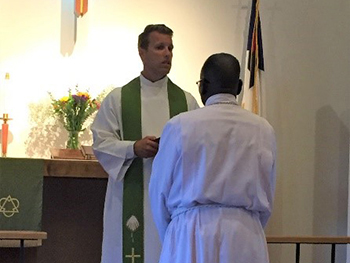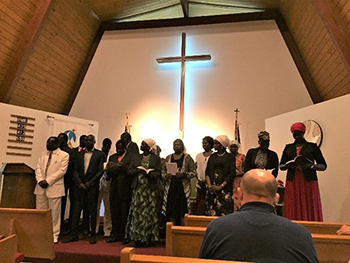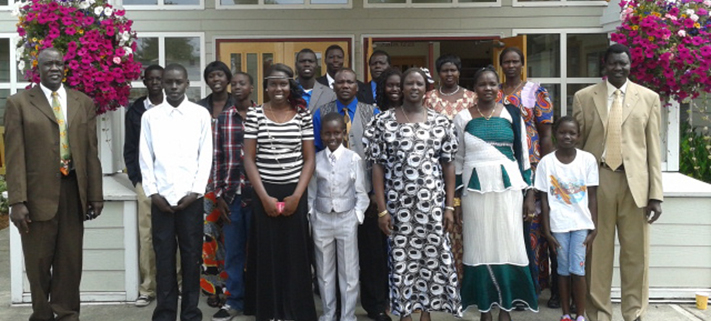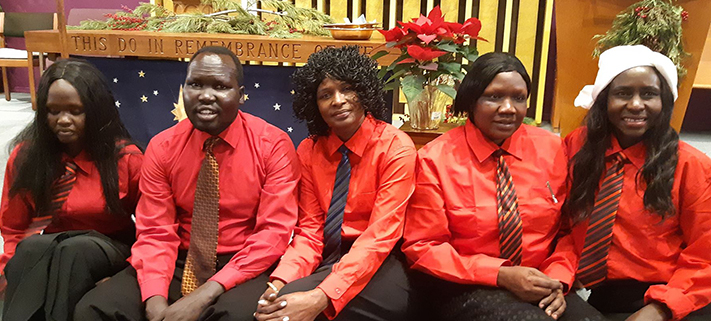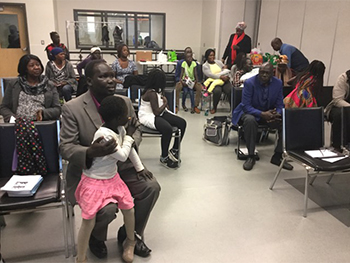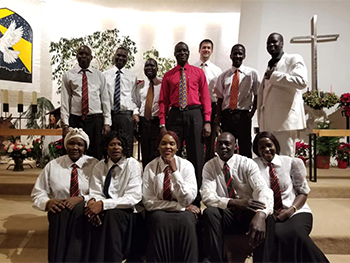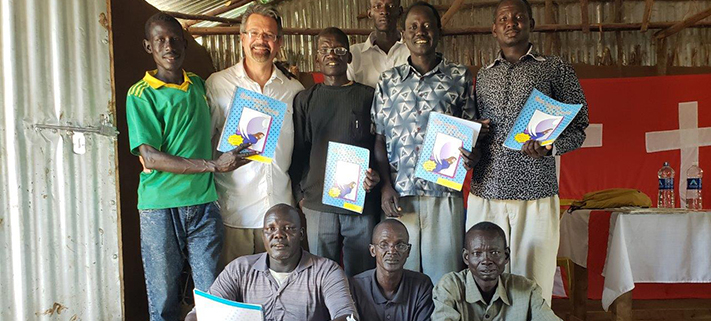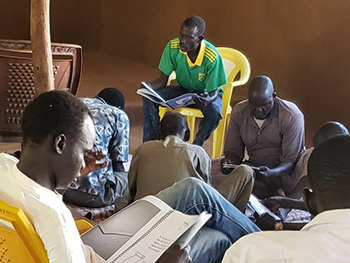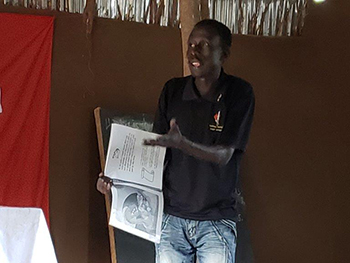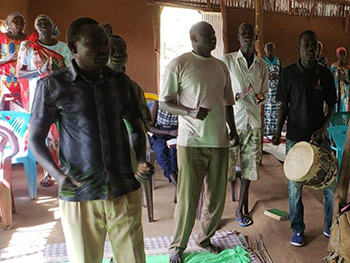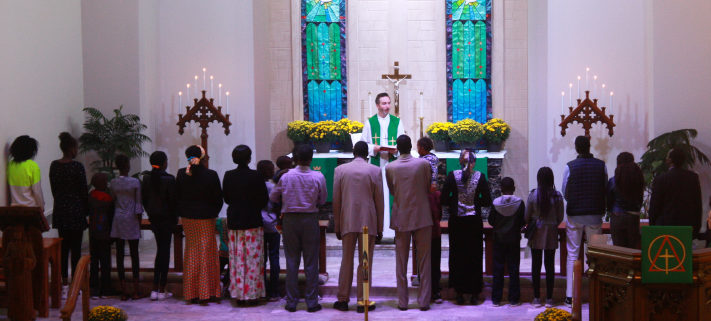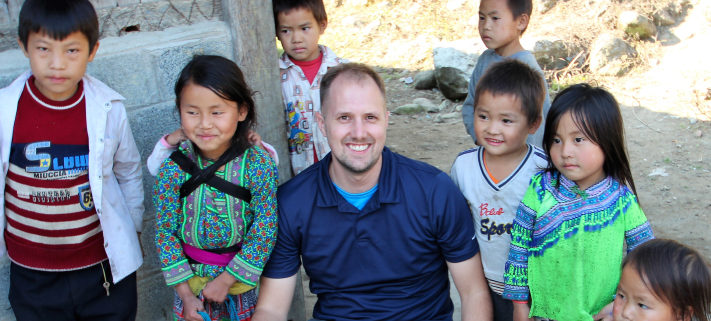“The Lord is opening some pretty big doors around the world,” says Keith Free, administrator of Home Missions.
Why is the home mission administrator talking about world mission opportunities? Because the two areas are coming together in an exciting way. “When leaders in the late 1980s and 1990s began working with cross-cultural ministries, little did they know that what we would do in the United States would have impact and ramifications around the world,” says Free.
When men like Peter Bur, a South Sudanese refugee who settled in Omaha, Neb., and Bounkeo Lor, a Hmong pastor in Kansas City, Kan., hear and learn confessional Lutheran teachings, they want to share it—and not just with their neighbors next door. “What drives us so much overseas are Pastoral Studies Institute graduates who want to go back home,” says E. Allen Sorum, director of the Pastoral Studies Institute (PSI).
In the fall of 2016, PSI team members, who work to train, mentor, and equip confessional Lutherans around the world, visited Africa and Asia to further explore new mission opportunities and how best to serve the people in these areas.
Liberia
Sorum traveled to Liberia with Robert Wendland, a missionary in Malawi, to see what the opportunities were for ongoing training and for working with the Confessional Lutheran Church of Liberia. Connections had been made through PSI Bible Institute graduate Isaac David and Pastor Matthew Vogt of Las Vegas, Nev., and WELS pastors had already traveled to Liberia to start training congregational leaders.
“In one village they said I was the first American to set foot in their church. It was one of the most intensely foreign feelings I ever had,” says Sorum. “But they are a warm and friendly people, who are anxious and eager to become more Lutheran.”
Kenya
Bur and Sorum have made multiple trips to Ethiopia and Kenya to train South Sudanese pastors and spiritual leaders who are serving South Sudanese refugees. In 2015, they distributed copies of Bur’s translation of a simplified version of the Small Catechism, complete with artwork by Terry Schultz, a member of the WELS Multi-Language Publications team.
This fall, Sorum, Bur, and Schultz spent three weeks in Nairobi, Kenya, furthering the training of men living in refugee camps in Kakuma, Kenya. They learned that leaders who had received copies of the simplified Small Catechism had not only worn out their copies but also taught what they learned to hundreds of others. “These people are starving not only literally but also spiritually for a lack of resources,” says Sorum. “They come to us for materials and training and then they go home and do incredible things with them in the most difficult of circumstances.”
Vietnam
In November, Jon Bare, international recruitment director, and Sorum traveled to Vietnam with Bounkeo Lor and Hue Thao to meet with 60 leaders of the Hmong Christian Fellowship, a church body with 600 pastors and more than 70,000 members. These men were contacts made through Lor, who has been traveling to Vietnam for the past three years to lead similar workshops. Besides conducting training classes in Hanoi, they traveled to several village churches in the mountains.
The church has grown since the leaders have been teaching the law and gospel lessons they learned from Lor, adding 2,400 members and 40 churches in the last six months.
Says Free, “Who would have thought a step Home Missions took many years ago to reach more cultures in the U.S. would lead to the opportunities we have today? These blessings are just another encouragement that we need to remain faithful in sowing the seed and then watch in amazement as God blesses the sharing of the gospel where and when he wills.”
Learn more at wels.net/missions.
Do you have a manuscript, idea, or story from your own life you’d like to share for use in Forward in Christ or on wels.net? Use our online form to share it to our editorial office for consideration.
Get inspirational stories, spiritual help, and synod news from Forward in Christ every month. Print and digital subscriptions are available from Northwestern Publishing House.
Author:
Volume 104, Number 2
Issue: February 2017
Copyrighted by WELS Forward in Christ © 2021
Forward in Christ grants permission for any original article (not a reprint) to be printed for use in a WELS church, school, or organization, provided that it is distributed free and indicate Forward in Christ as the source. Images may not be reproduced except in the context of its article. Contact us
